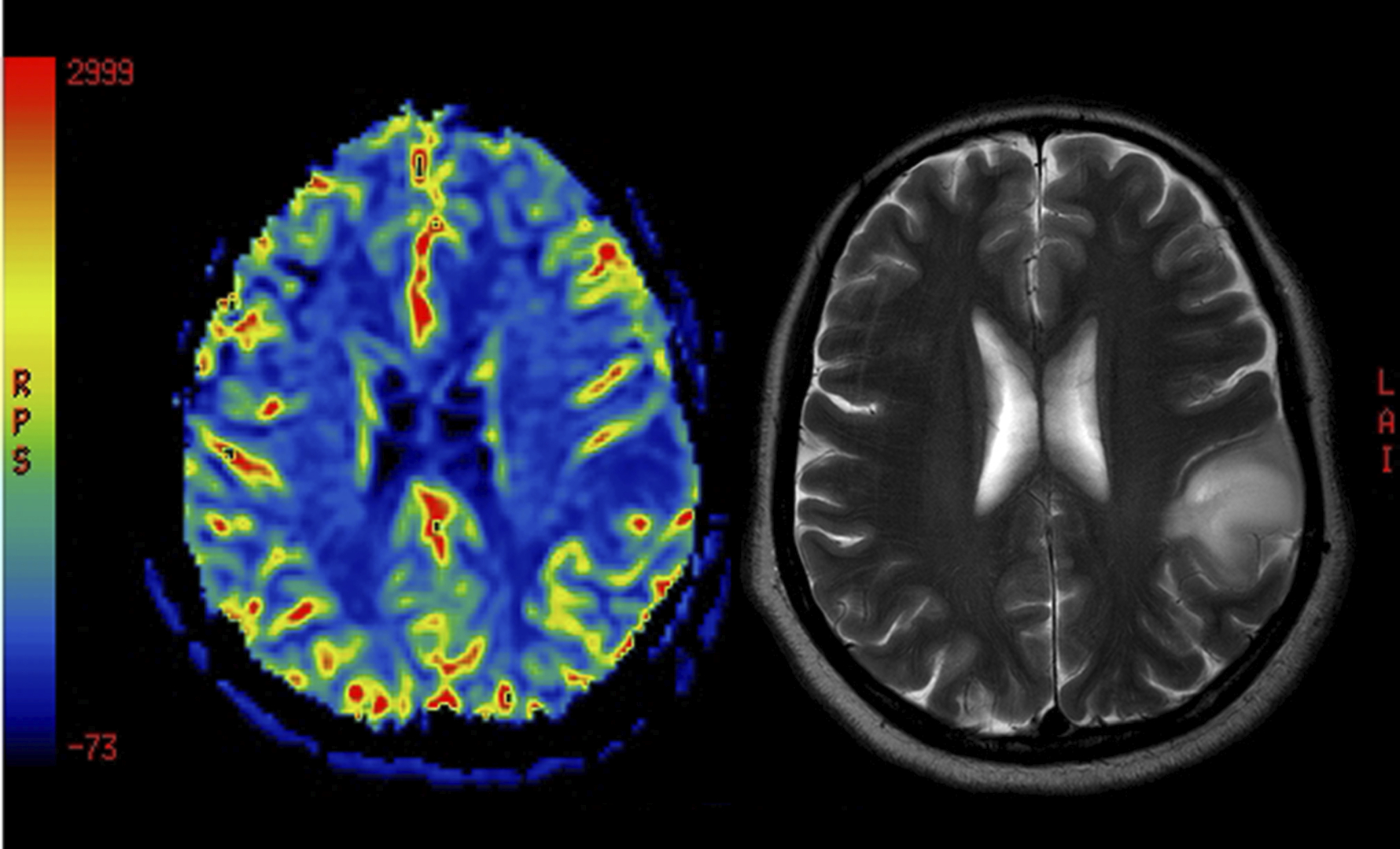Telomeres are the protein “caps” of your cellular DNA. As we get older, our telomeres shrink. Every time a cell replicates, telomeres get smaller and smaller. When they get too short, they can’t divide themselves anymore. This leads to cell death. And that means showing signs of aging—and worse.
Keeping your telomeres long may hold the key to feeling—even looking—younger as you age. But new findings suggest this may come at a deadly cost…
A team of researchers at UC San Francisco looked at two gene variations—TERT and TERC—that lead to higher levels of telomerase. That’s the enzyme that controls telomere length. They wanted to confirm a link to increased risk of gliomas—deadly forms of brain cancer.
The team studied data from 1,644 glioma patients against 7,736 healthy subjects. They found that the glioma patients with TERT or TERC had up to 20% longer telomeres than the control group.1 In other words, longer telomeres could mean greater risk for brain cancer.
At first glance, this turns everything we know about telomere length upside down. But that’s not the case… The real problem is where your telomeres are longer.
Cancer cells control their own telomerase. This means they produce the tool they need to prevent cell death. This keeps them alive. 2 It’s also why TERT and TERC variants may contribute to lung, prostate, breast, and colon cancers.3 But even though telomerase helps make telomeres longer, it doesn’t promote wild or uncontrolled growth—like cancerous tumors.4
Besides, you don’t want shorter telomeres…especially not in your normal, healthy cells. Shorter telomeres may contribute to Alzheimer’s, high blood pressure, type 2 diabetes, and even heart disease.5 The trick, according to researchers, is balance.
Genetic mutations like TERT and TERC—held by as much as 51% and 72% of the population—could lead to cells living longer than they should…and mutating. This is a hallmark of cancer.6 But short telomeres lead to their own problems. The solution is to support your body’s safe, natural production of telomerase.
Getting more magnesium from your diet may help support healthy telomere length.7 Spinach, almonds, and cashews are good places to start. Eating wild-caught salmon will also give you the vitamin D3 and astaxanthin you need to fight oxidative stress and protect telomere damage.8 But these aren’t the only ways to help fight aging naturally…
The symptoms of aging are just like any others. They can be treated or eliminated. But plastic surgery…skin treatments… They’re all part of Big Pharma’s booming anti-aging market. And we’re not talking side cash… Some estimates value the anti-aging industry at upwards of $262 billion.9 But like we’ve told you before, none of these “solutions” fix the real problem at hand…
Go here to discover real ways you can help stop the clock—maybe even turn it back.
Like this Article? Forward this article here or Share on Facebook.
References:
1http://www.nature.com/ng/journal/vaop/ncurrent/full/ng.3004.html
2http://www.sciencedaily.com/releases/2012/05/120514204050.htm
3http://www.ucsf.edu/news/2014/06/114956/longer-telomeres-linked-risk-brain-cancer
4http://www.nature.com/onc/journal/v21/n4/full/1205076a.html
5http://learn.genetics.utah.edu/content/chromosomes/telomeres/
6Idem
7http://www.ncbi.nlm.nih.gov/pubmed/22379366
8http://institutefornaturalhealing.com/2013/12/five-natural-ways-to-add-healthy-years-to-your-life/
9http://www.marketwatch.com/story/10-things-the-anti-aging-industry-wont-tell-you-2014-02-11

